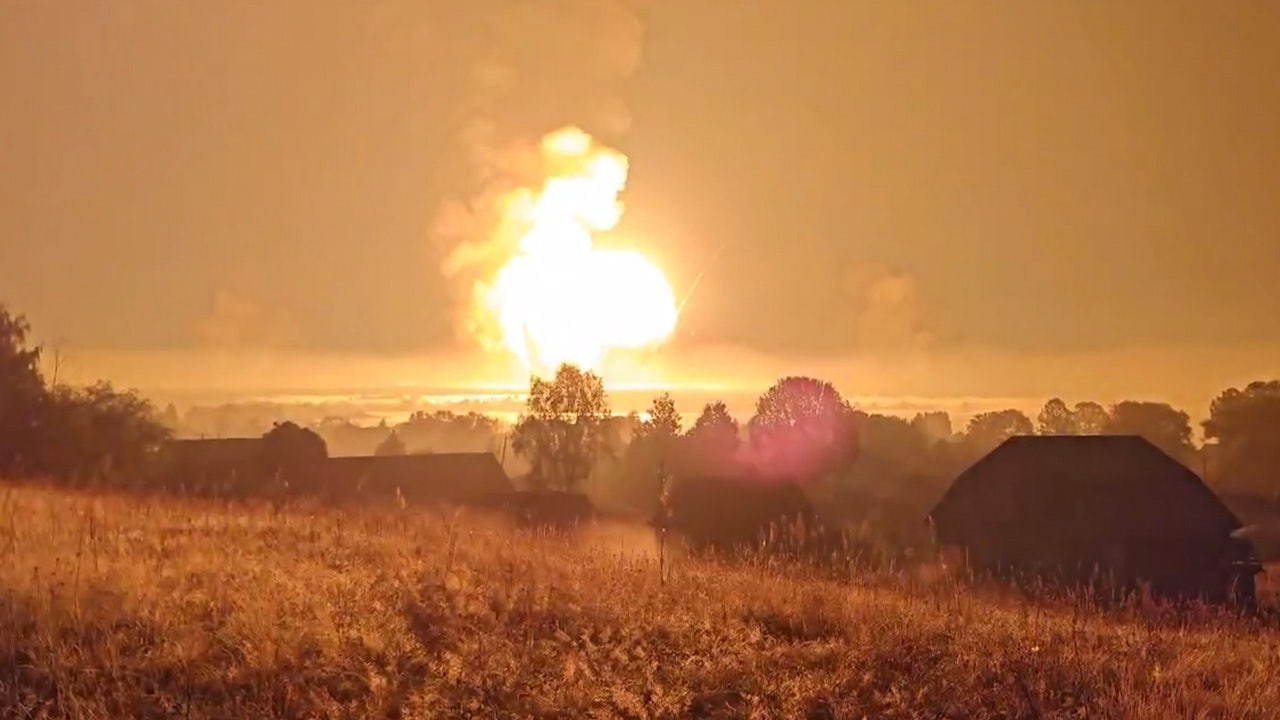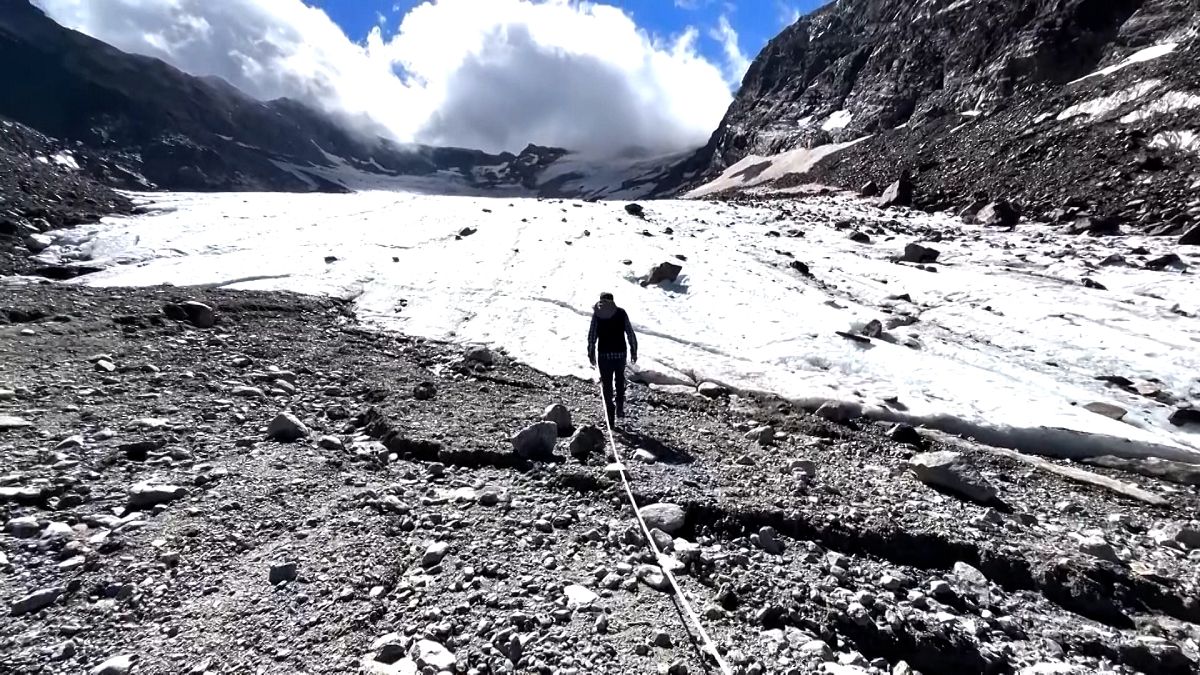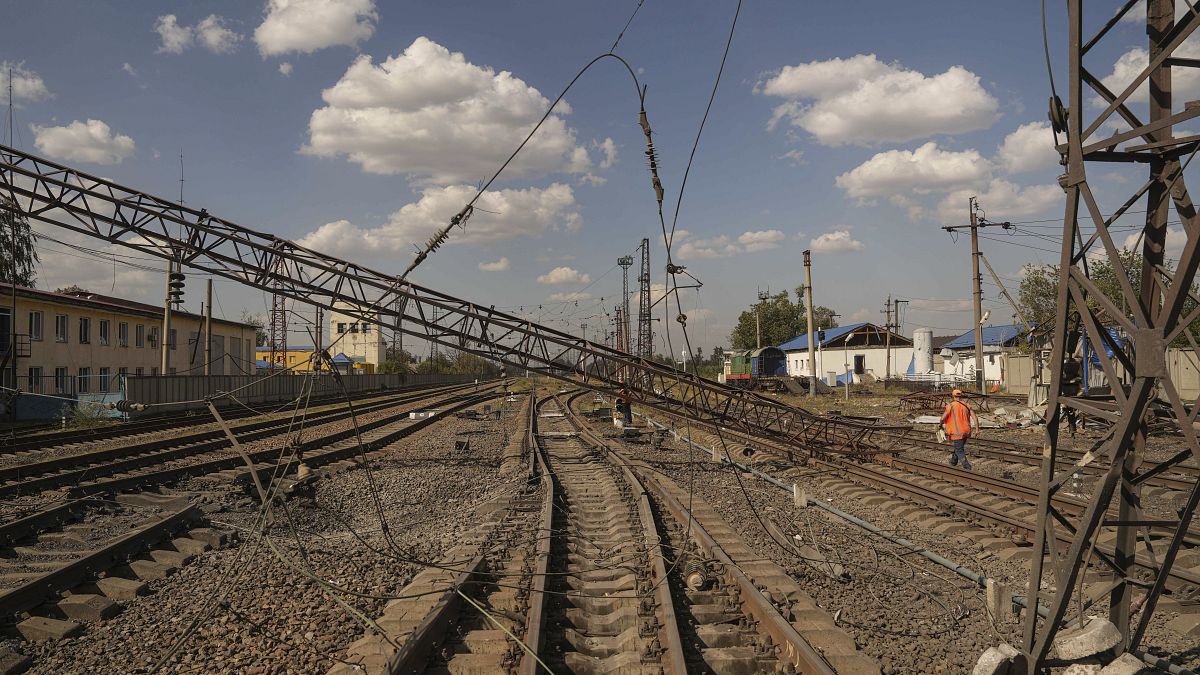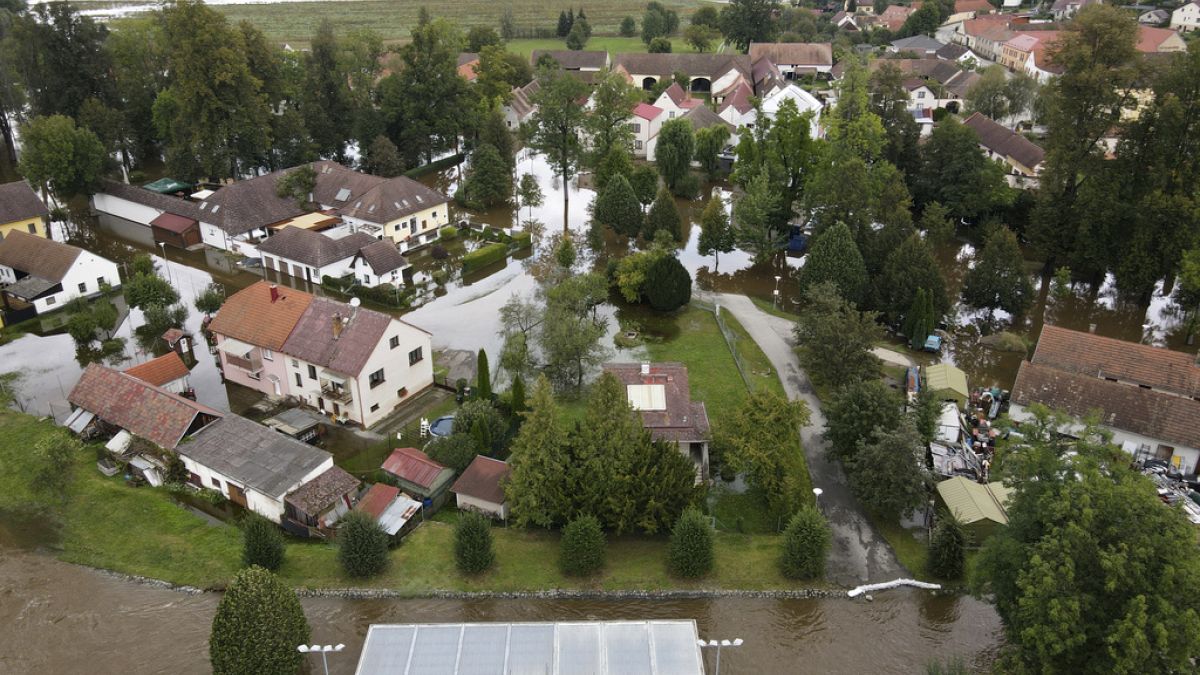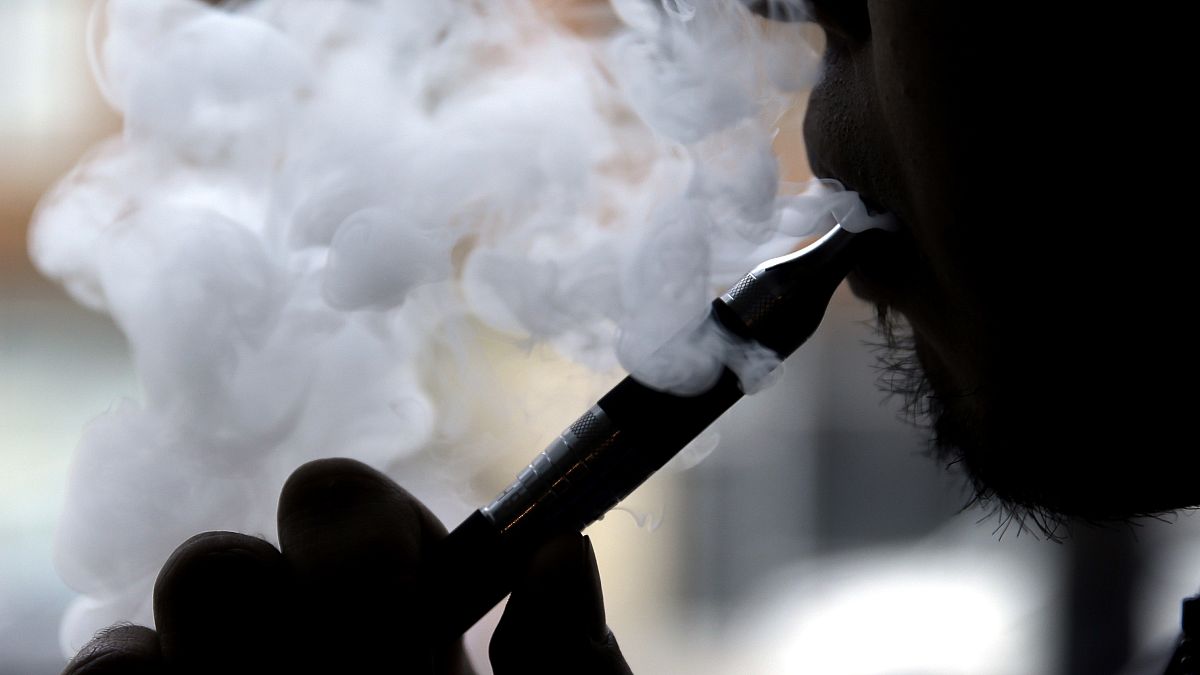Scientists specialising in the study of glaciers have reported that one of Italy’s most well-known, Dosdè, is retreating.
The first results of the end of summer alpine glacier measurements are not as reassuring as hoped.
The Lombardy regional glaciology service assessed that the Dosdè eastern glacier in the Italian Alps retreated by seven metres since last year. This is despite heavy snowfall from April and May, which fuelled hopes the area would be better protected against summer heat.
The only relief, according to the glaciologists, was that the Dosdè glacier melted less than previous years.
“Last year we had a 22-metre retreat of the same glacier, and the year before around 15 metres,” said Andrea Toffaletti, member of the Lombardy Glaciology Service, who joined the measurement campaign at the beginning of September.
“The snowfall at the beginning of the season made us think it could be a positive year. Instead, we reached the end of the summer with only 20% of the glacier covered with the residual snow from the year before.”
Snow is key to protect the ice of the glaciers and to nurture the growth of Alpine glaciers, which have been shrinking over the decades due to rising temperatures.
“For two uninterrupted months, the temperature never dropped below zero, not even during the night, at over 3,000 metres,” Toffaletti explained.
“Currently there is still some snow, but on the vast majority of the glacier it has completely melted due to the particularly high summer temperatures.”
Toffaletti said the surface area of Lombardy’s glaciers have decreased from 118 square kilometres to 70 square kilometres since 1991 — equating to roughly 45% of its surface area.
“The acceleration that has taken place in the last 30, 40 years on glacier melting is extremely remarkable,” he said.
According to Copernicus European Climate Change Service, August 2024 matched the record heat of August 2023 which was 1.5 Celsius degrees above the pre-industrial level (1850-1900 average).
August temperatures mean this year will continue to be the warmest year on record.
The glaciology service measurement campaign will continue for September, but high temperatures registered by the meteorological stations on the region’s main glaciers are not generating any optimism.


